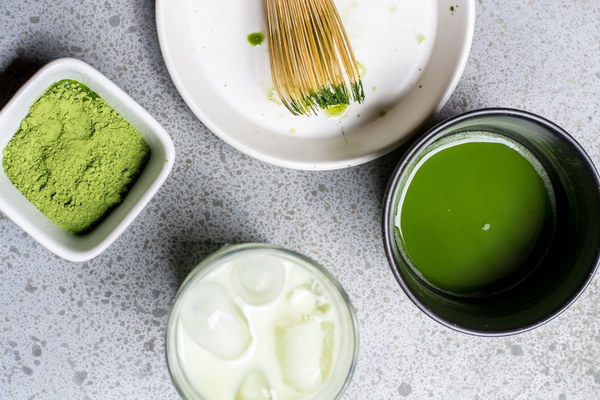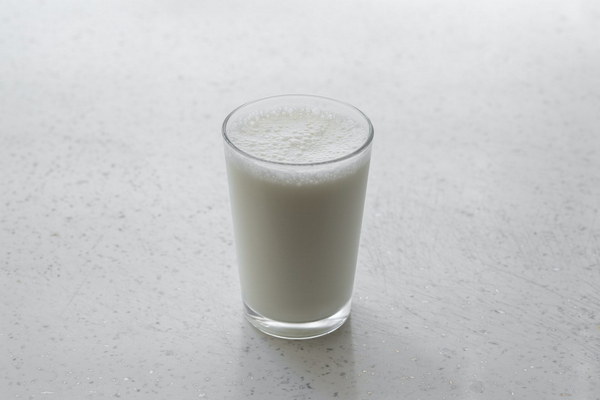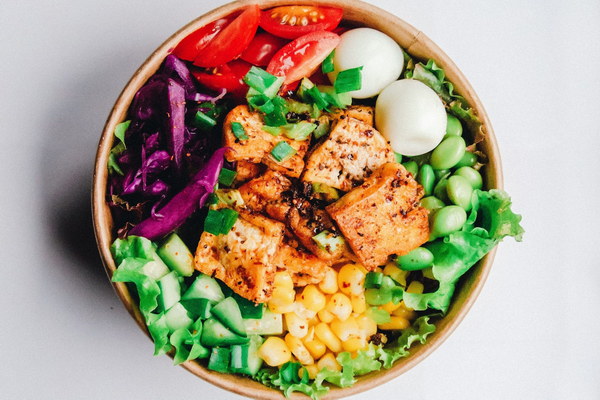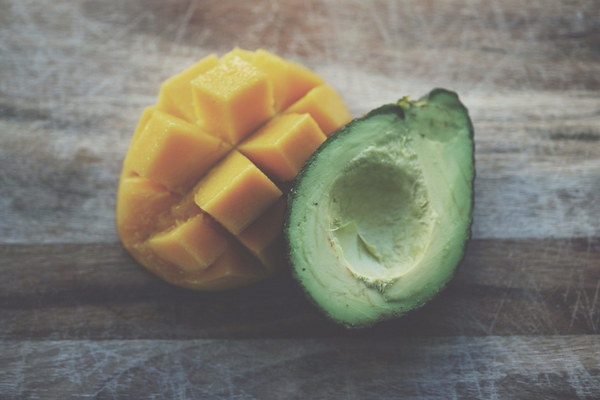Nourish Your Health The Power of Food-Based Supplements for Calcium, Iron, and Zinc
In today's fast-paced world, it's easy to overlook the importance of proper nutrition. While vitamins and minerals are crucial for our overall health, calcium, iron, and zinc are three essential nutrients that play a vital role in our body's functions. Instead of relying on supplements, why not harness the power of nature and incorporate food-based supplements into your diet? Let's explore the benefits of these nutrients and how you can easily include them in your meals.
1. Calcium
Calcium is a key player when it comes to maintaining strong bones and teeth. This mineral also plays a significant role in muscle function, nerve transmission, and blood clotting. To ensure you're getting enough calcium, consider the following food-based sources:
- Dairy products: Milk, cheese, and yogurt are rich in calcium. Opt for low-fat or fortified options to maximize your intake.

- Leafy greens: Spinach, kale, and collard greens contain calcium and can be added to salads, smoothies, or cooked dishes.
- Nuts and seeds: Almonds, chia seeds, and sesame seeds are excellent sources of calcium. Sprinkle them on your meals or add them to your favorite recipes.
2. Iron
Iron is essential for producing red blood cells, which carry oxygen throughout the body. A deficiency in iron can lead to anemia, causing fatigue, weakness, and shortness of breath. To increase your iron intake, try the following food-based sources:
- Red meat: Beef, pork, and lamb are high in heme iron, which is more easily absorbed by the body.
- Poultry: Chicken and turkey also contain heme iron, making them excellent choices for iron-rich meals.
- Legumes: Beans, lentils, and chickpeas are good sources of non-heme iron, which is absorbed more slowly. Pair them with vitamin C-rich foods, such as oranges or bell peppers, to enhance absorption.
- Fortified cereals and bread: Look for products fortified with iron to increase your daily intake.
3. Zinc
Zinc is a vital mineral that supports immune function, cell growth, and wound healing. It also plays a role in the synthesis of DNA and proteins. To ensure you're getting enough zinc, consider these food-based sources:
- Shellfish: Oysters, crab, and lobster are rich in zinc. Enjoy them in moderation as part of a balanced diet.
- Red meat: Beef, lamb, and pork are good sources of zinc. Lean cuts are the best choice to minimize saturated fat intake.
- Seeds and nuts: Pumpkin seeds, sesame seeds, and cashews are excellent sources of zinc. Sprinkle them on your salads or eat them as a snack.
- Fortified cereals: Look for cereals fortified with zinc to increase your daily intake.
Incorporating these food-based supplements into your diet can help ensure you're getting the necessary calcium, iron, and zinc for optimal health. Remember, variety is key, so try to include a variety of these nutrient-rich foods in your meals to meet your daily requirements. Additionally, it's essential to consult with a healthcare professional before making significant changes to your diet or starting any new supplement regimen. By nourishing your health with food-based supplements, you'll be well on your way to feeling your best.









